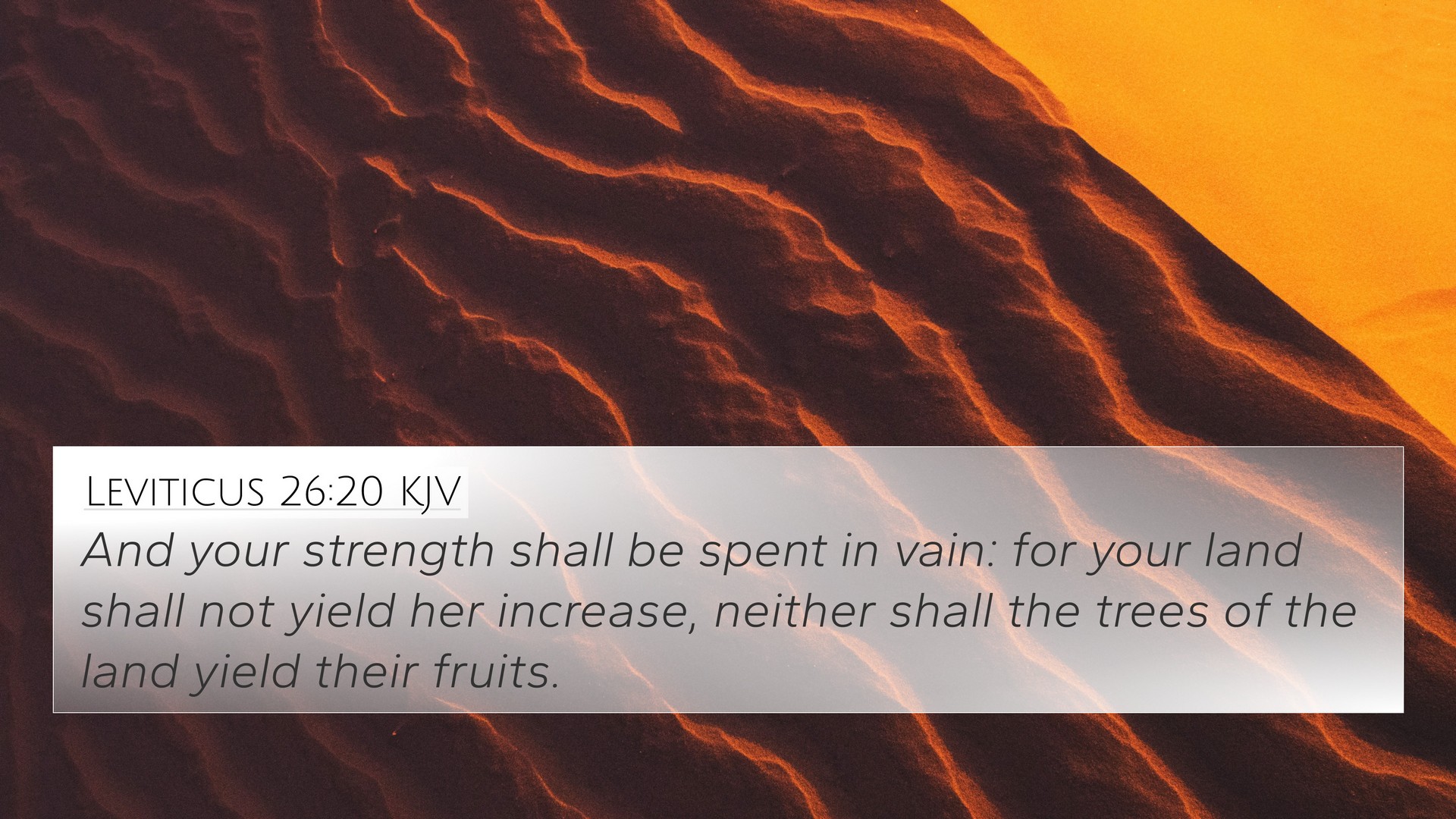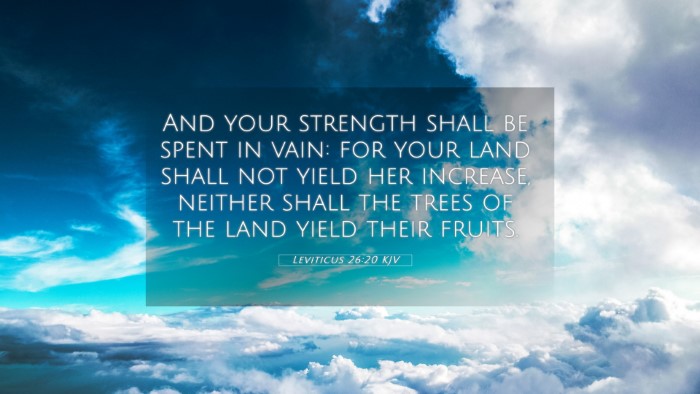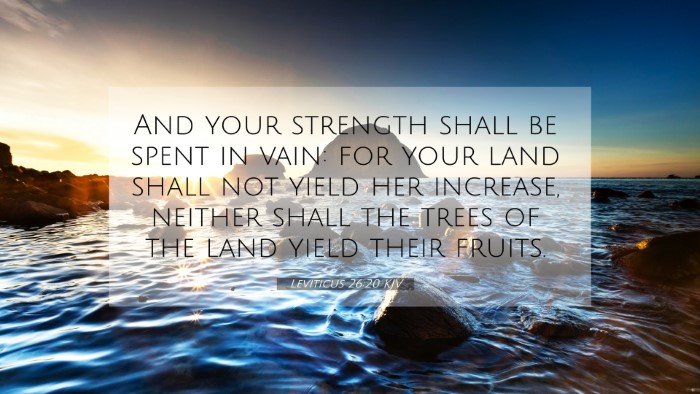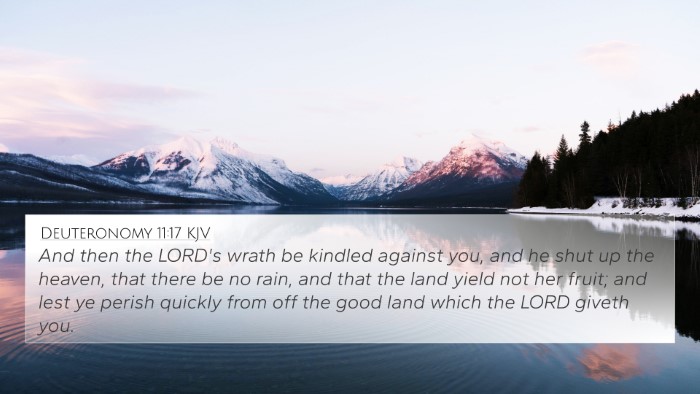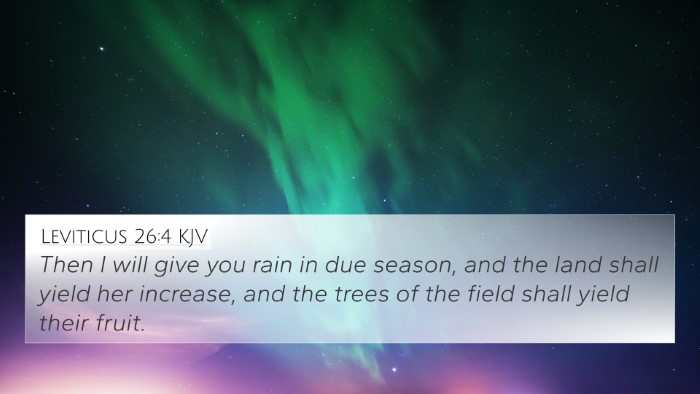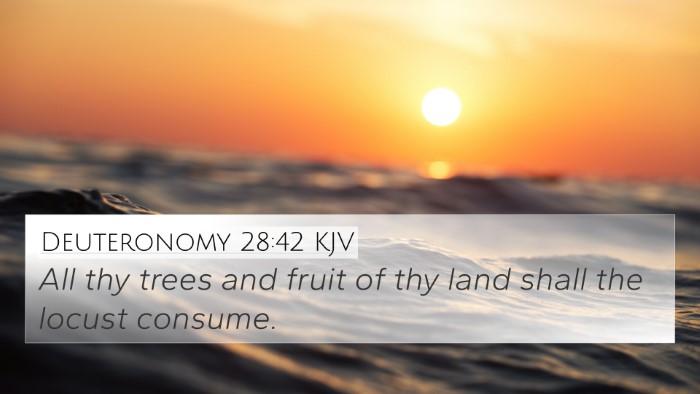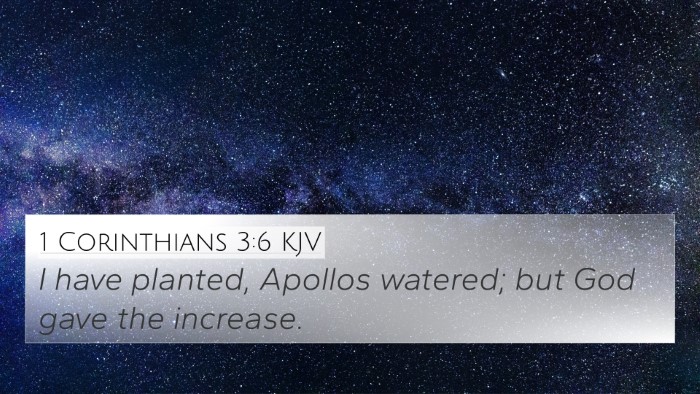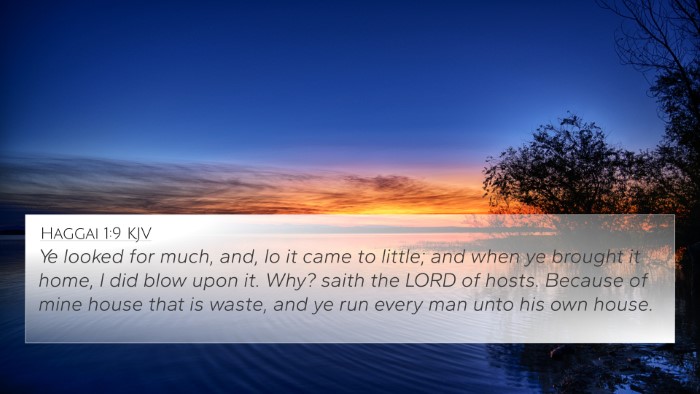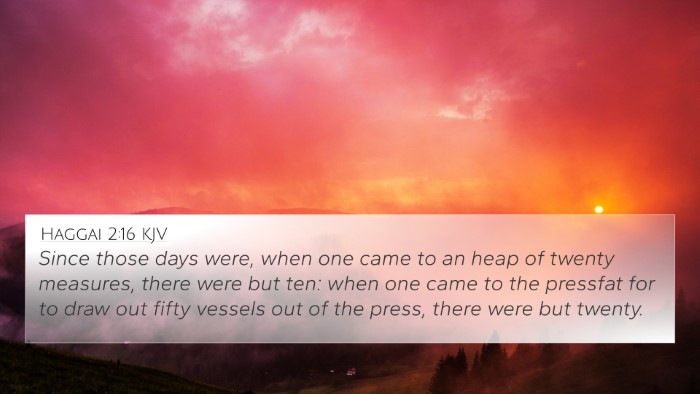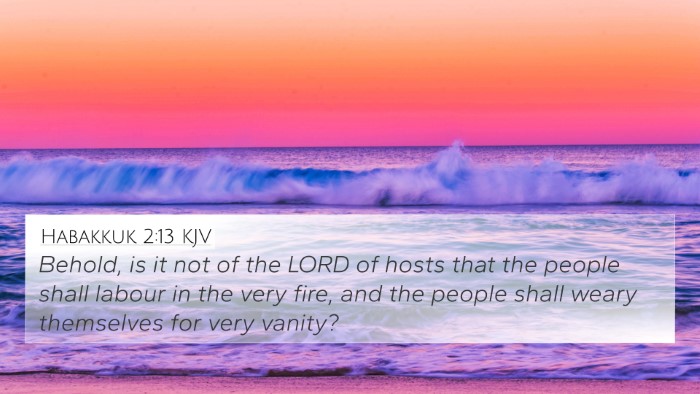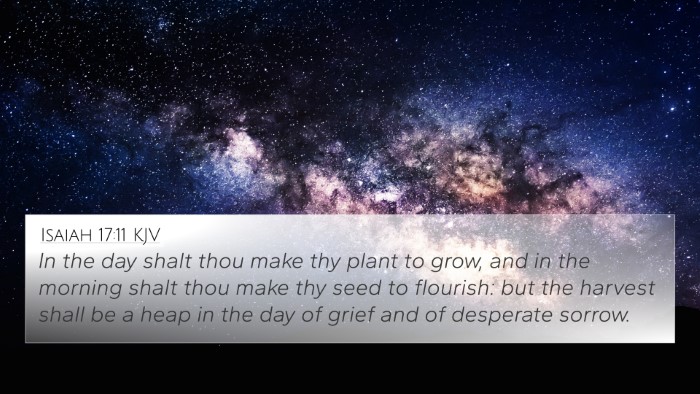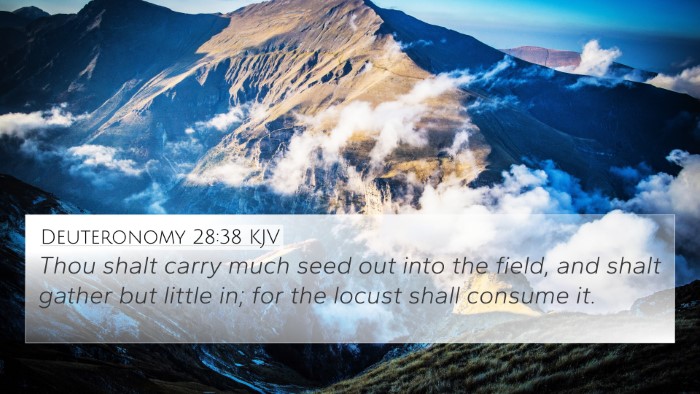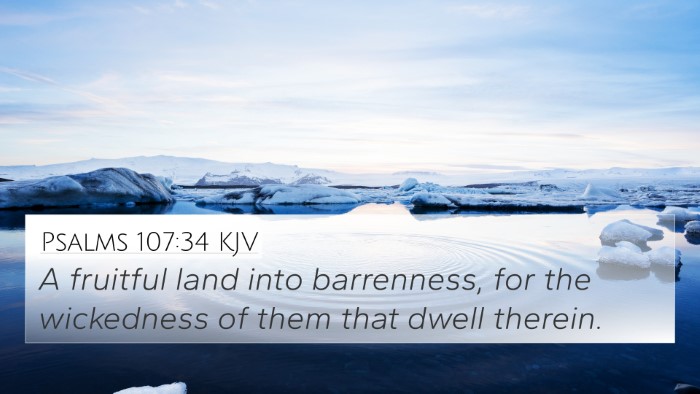Understanding Leviticus 26:20
Leviticus 26:20 states: "And your strength shall be spent in vain: for your land shall not yield her increase, neither shall the trees of the land yield their fruits."
This verse highlights the consequences of disobedience to God and serves as a sobering reminder of the futility that accompanies a life disconnected from divine favor and law.
Commentary Insights
Matthew Henry explains this verse in light of the broader context of God's covenant with Israel. Henry emphasizes that the lack of fruitfulness in the land symbolizes a deeper spiritual barrenness that accompanies God’s withdrawal of blessing due to the people's sinfulness.
Albert Barnes adds that the verse refers to the natural outcomes of disobeying God's commandments. He interprets "strength shall be spent in vain" as a clear caution that human effort without divine assistance is ultimately futile. This serves as an explicit warning that disregarding God results in failure in all endeavors.
Meanwhile, Adam Clarke elaborates on the idea of unfruitfulness, positing that the land's inability to yield increase mirrors spiritual emptiness. Clarke draws parallels to the New Testament, where Christ addresses barren fig trees as symbols of unfaithfulness (Matthew 21:19).
Thematic Connections
- Futility of Labor: The theme of laboring in vain is echoed in Psalm 127:1, which states, "Except the LORD build the house, they labour in vain that build it." This highlights the dependence on divine grace for successful productivity.
- Disobedience and Its Consequences: The direct connections with Deuteronomy 28:16-18 speak of curses that follow disobedience, delivering a similar message regarding blessings and curses based upon fidelity to God.
- Barren Fruitfulness: Matthew 25:30 speaks of the unprofitable servant being cast out, showcasing the spiritual implications of unfruitfulness.
- Desolation is a Warning: Jeremiah 12:4 reflects the devastation of unfaithfulness and how it leads to desolate lands, reinforcing the message of Leviticus 26:20.
- God’s Judgment: Revelations 3:16 depicts being lukewarm as a state that God despises, showing how spiritual apathy leads to judgment.
- Affliction of the Land: Isaiah 24:4 addresses the mourning of the land due to people's transgressions, resonating with the concepts in Leviticus.
- Spiritual Barrenness: John 15:2 discusses pruning of branches that do not bear fruit, symbolic of God's intervention for those who refuse His ways.
- Divine Provision: Philippians 4:19 assures God’s provision for those aligned with His purpose, opposing the emptiness presented in Leviticus 26:20.
Cross-Referencing Biblical Texts
To deeply understand Leviticus 26:20 and its implications, one can utilize various Bible cross-reference tools available. These tools facilitate a comprehensive analysis of how this verse connects with other scriptures, strengthening its interpretation and ensuring a holistic understanding of biblical themes.
Using a Bible concordance or a cross-reference guide can significantly enhance one’s study, giving insight into related verses that discuss similar themes of obedience, fruitfulness, and divine judgment.
Conclusion
Leviticus 26:20 serves as a profound illustration of the outcomes of disobedience, leading to spiritual and physical desolation. Understanding its meaning through these commentaries and cross-referencing it with other scriptures helps bring clarity to its message. The interconnectedness of biblical themes emphasizes the necessity of remaining faithful to God’s commandments to experience His abundant blessings.
